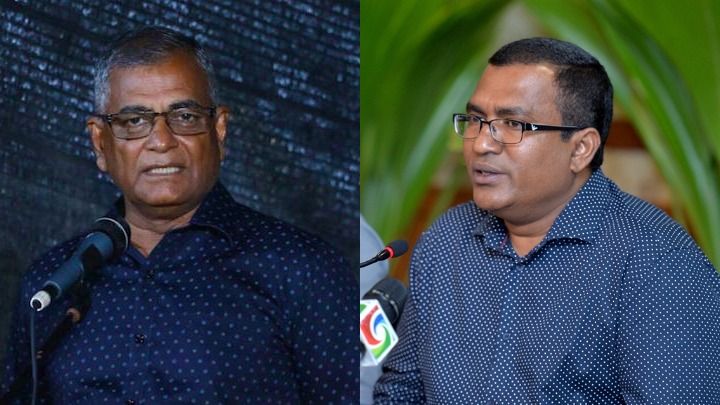STELCO MD replaced with president’s office minister
The managing director of the State Electricity Company was appointed state minister of environment and energy and replaced by President’s Office Minister Ahmed Zuhoor.

04 Jun 2017, 09:00
The managing director of the State Electricity Company has been appointed state minister of environment and energy and replaced by President’s Office Minister Ahmed Zuhoor.
The appointments were announced Sunday morning by the president’s office spokesman and the privatisation and corporatization board without disclosing reasons.
Zuhoor, who also chair of the cabinet’s economic and youth council, was appointed minister at the president’s office in August last year. He was first appointed Commissioner General of Customs after President Abdulla Yameen assumed office in November 2013 and went on to serve as minister of health, minister of youth and sports and minister of home affairs.
“The appointment of Ahmed Zuhoor as STELCO MD came at the same level as cabinet ministers,” Ibrahim Muaz Ali, the president’s spokesman, tweeted.
Become a member
Get full access to our archive and personalise your experience.
Already a member?
Discussion
No comments yet. Be the first to share your thoughts!
No comments yet. Be the first to join the conversation!
Join the Conversation
Sign in to share your thoughts under an alias and take part in the discussion. Independent journalism thrives on open, respectful debate — your voice matters.




